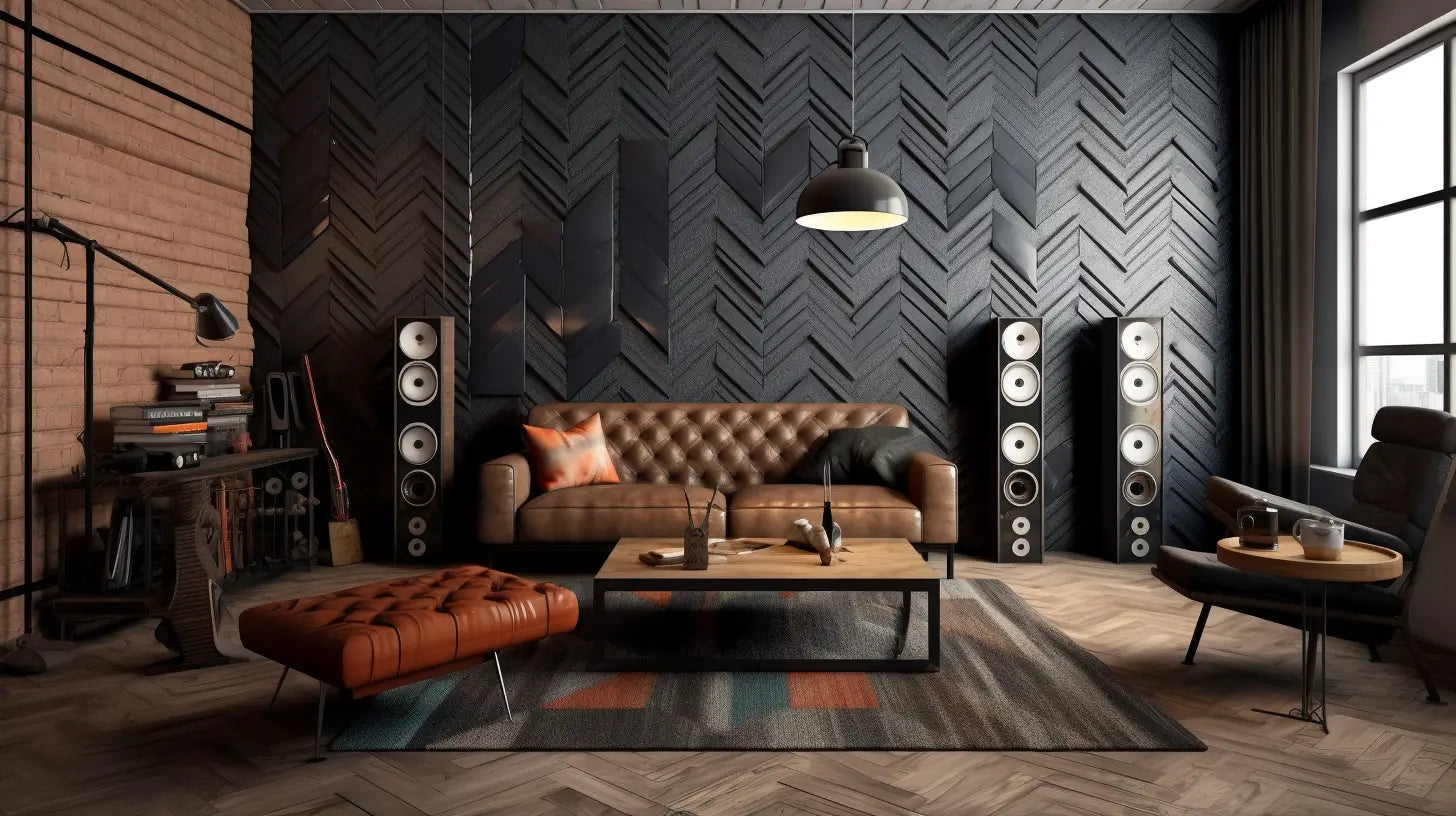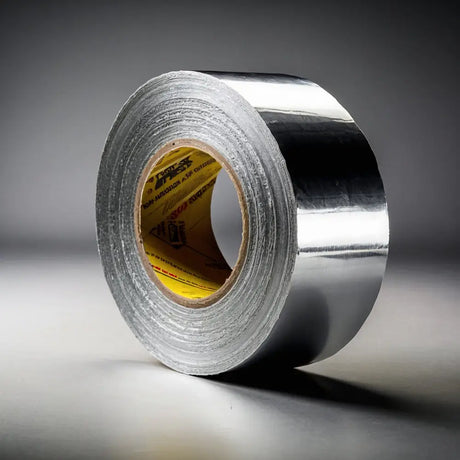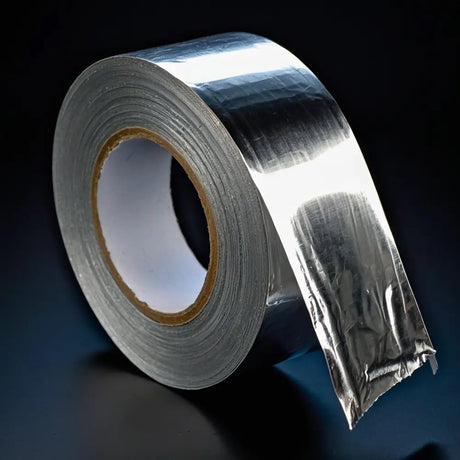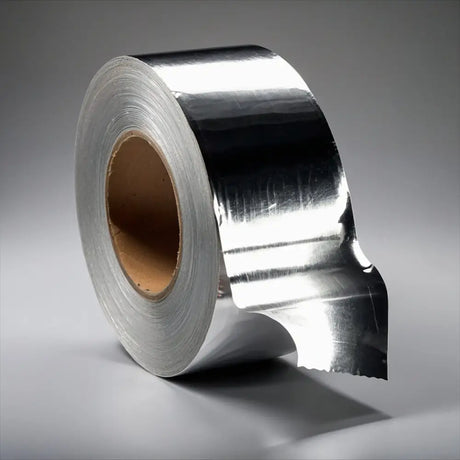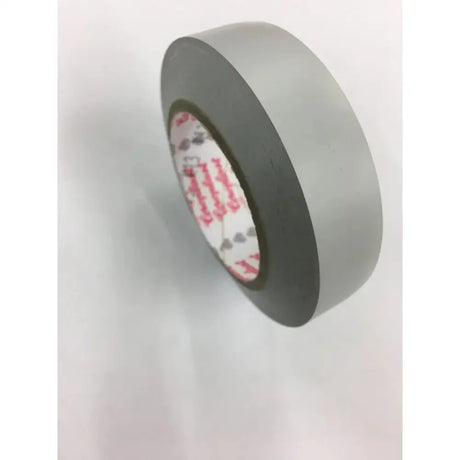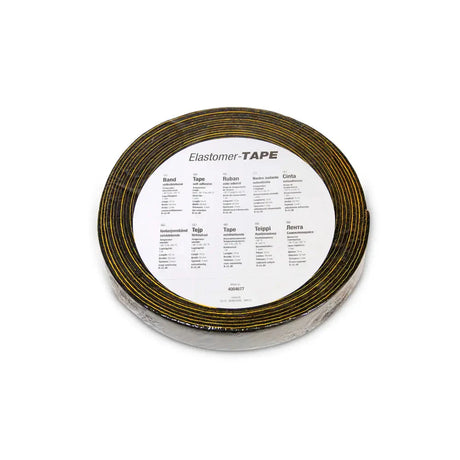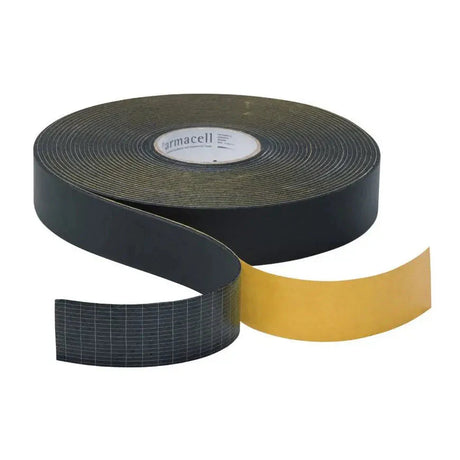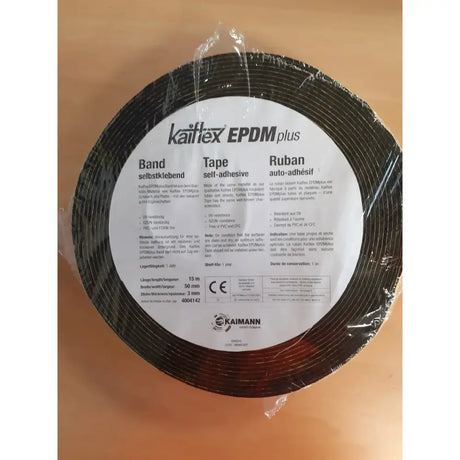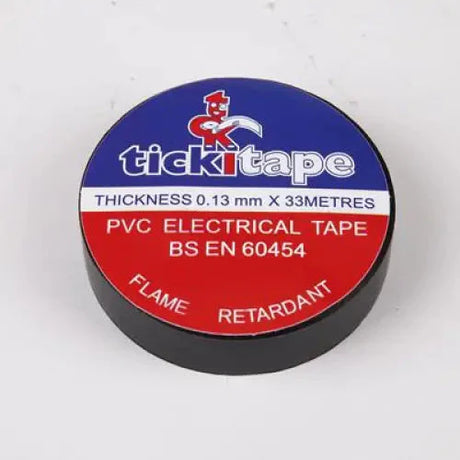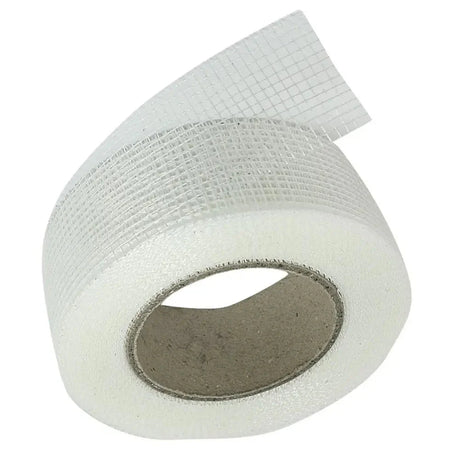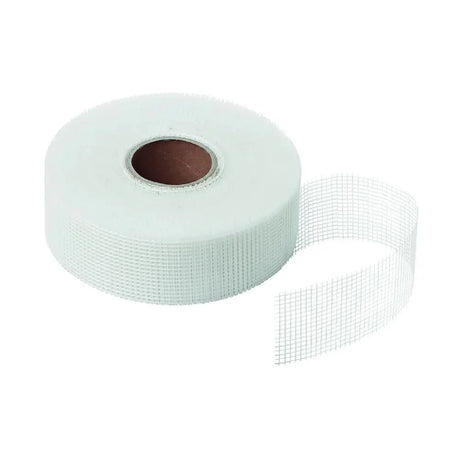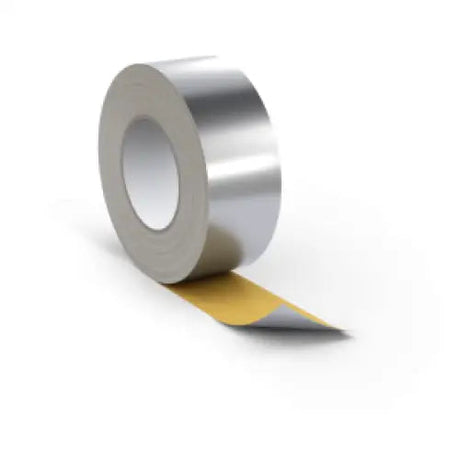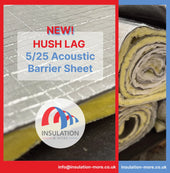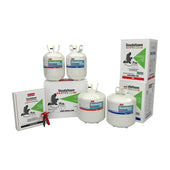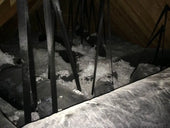The Science Behind Sound Proof Insulation
How Sound Travels
Sound is created by vibrations. When a person speaks or a musical instrument is played, for instance, these vibrations, also known as sound waves, travel through the air or another medium. These sound waves, when they reach our ears, are interpreted as sound.
What Is Sound Proof Insulation
Sound proof insulation, also known as acoustic insulation, is designed to reduce, absorb, or block the sound that travels from one room to another. The primary purpose of this insulation is to create a peaceful environment by minimizing noise transmission.
The Importance of Sound Proof Insulation
Benefits at Home
Living in a quieter environment has been shown to improve overall well-being, reduce stress, and promote better sleep. Sound proof insulation can significantly reduce the noise levels in a home, especially if you live in a noisy neighbourhood or have loud household members.
Benefits at Work
In the workplace, noise can often be a significant distraction. Sound proof insulation can lead to a quieter, more productive environment by reducing these noise levels.
Types of Sound Proof Insulation
Acoustic Foam Panels
Acoustic foam panels are widely used for sound proofing as they absorb the sound waves that hit them, thereby reducing echo and background noise.
Mass Loaded Vinyl
This is a thin but heavy sheeting material that is highly effective at blocking sound. It’s usually used in walls, ceilings and floors for sound proofing.
Green Glue
This is a non-toxic, low-VOC soundproofing compound that’s used to fill gaps and cracks where noise can pass through.
Factors to Consider When Choosing Sound Proof Insulation
Material
The choice of material for sound proof insulation is essential. Materials with a high density are generally more effective at sound proofing.
Cost
Sound proofing materials come at various price points. It's important to balance the cost with the effectiveness of the material.
Installation
Consider how the insulation will be installed. Some materials may require professional installation, while others can be installed by the homeowner.
How to Install Sound Proof Insulation
Steps to Install
While the exact steps can vary depending on the type of insulation being used, the process generally involves measuring and cutting the insulation, securing it in place, and then sealing any gaps or seams.
Where to Buy Sound Proof Insulation
You can buy sound proof insulation at various places, including hardware stores, online marketplaces, and specialist acoustic shops.
Conclusion
Sound proof insulation can dramatically improve your living or working environment by reducing noise levels. Whether you choose acoustic foam panels, mass loaded vinyl, or another type of insulation, the key is to choose the right material for your specific needs and ensure that it is installed correctly.
FAQs
1. Is sound proof insulation expensive?
The cost of sound proof insulation can vary depending on the type of material and the size of the area that needs to be insulated. However, there are options available for every budget.
2. Can I install sound proof insulation myself?
Some types of sound proof insulation can be installed by the homeowner, while others may require professional installation.
3. What is the best type of sound proof insulation?
The best type of sound proof insulation depends on your specific needs. For example, if you're looking to reduce echo in a room, acoustic foam panels could be the best choice.
4. Does sound proof insulation also provide thermal insulation?
Some types of sound proof insulation, like mass loaded vinyl, also provide excellent thermal insulation.
5. Where can I buy sound proof insulation?
Sound proof insulation can be purchased from hardware stores, online marketplaces, and specialist acoustic shops.
6. How effective is sound proof insulation at reducing noise?
When installed correctly, sound proof insulation can be extremely effective at reducing noise transmission between rooms or from the outside.
7. Can sound proof insulation be used in any room?
Yes, sound proof insulation can be used in any room where noise reduction is needed, including bedrooms, home offices, or home theatres.
8. Does sound proof insulation require maintenance?
Typically, sound proof insulation does not require much maintenance once it is installed. However, it's a good idea to inspect it periodically for any damage or wear.
9. Can sound proof insulation improve my property value?
In many cases, having sound proof insulation can increase your property value as it enhances the overall comfort and usability of the space.
10. Can sound proof insulation help to reduce stress?
By creating a quieter and more peaceful environment, sound proof insulation can help to reduce stress levels caused by constant noise.
11. Is it possible to install sound proof insulation in an existing wall?
Yes, there are specific sound proofing products designed to be installed in existing walls.
12. What is the lifespan of sound proof insulation?
The lifespan of sound proof insulation varies depending on the material and the environmental conditions, but many types can last for several decades.
13. Is sound proof insulation environmentally friendly?
Many types of sound proof insulation are made from recycled materials and are fully recyclable themselves, making them an environmentally friendly choice.
14. Can sound proof insulation help with noise from outside my home?
Yes, sound proof insulation can be very effective at blocking out noise from outside, such as traffic or construction noise.
15. Do all sound proof insulation materials look the same?
No, sound proof insulation comes in a variety of forms and appearances, from panels and sheets to spray foams and sealants.
16. Are there any disadvantages to sound proof insulation?
While the benefits generally outweigh the downsides, some potential disadvantages include the cost of professional installation and potential changes to the room's aesthetics.
17. Can sound proof insulation help improve sleep quality?
By reducing noise disturbances, sound proof insulation can significantly improve sleep quality, especially in noisy environments.
18. What's the difference between sound absorption and sound insulation?
Sound absorption is about reducing the echo within a room by absorbing the sound waves, whereas sound insulation is about preventing the sound from entering or leaving a room.
19. How thick does sound proof insulation need to be?
The thickness required will depend on the type of insulation used and the level of sound reduction desired. Always refer to the manufacturer's guidelines.
20. Can sound proof insulation be used in a rented property?
It's always best to discuss this with your landlord or property manager. Some types of sound proof insulation are more temporary and may be suitable for rented properties.

